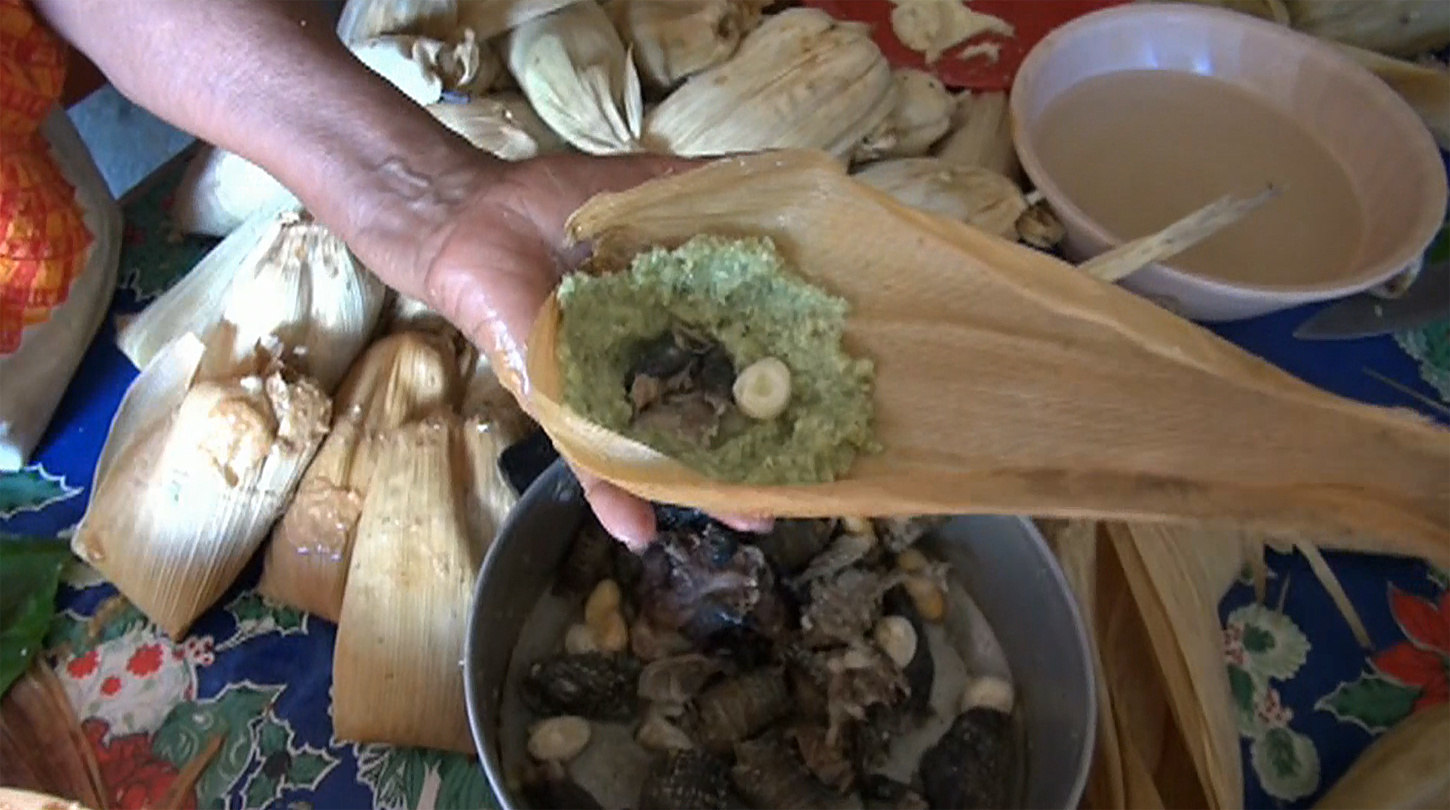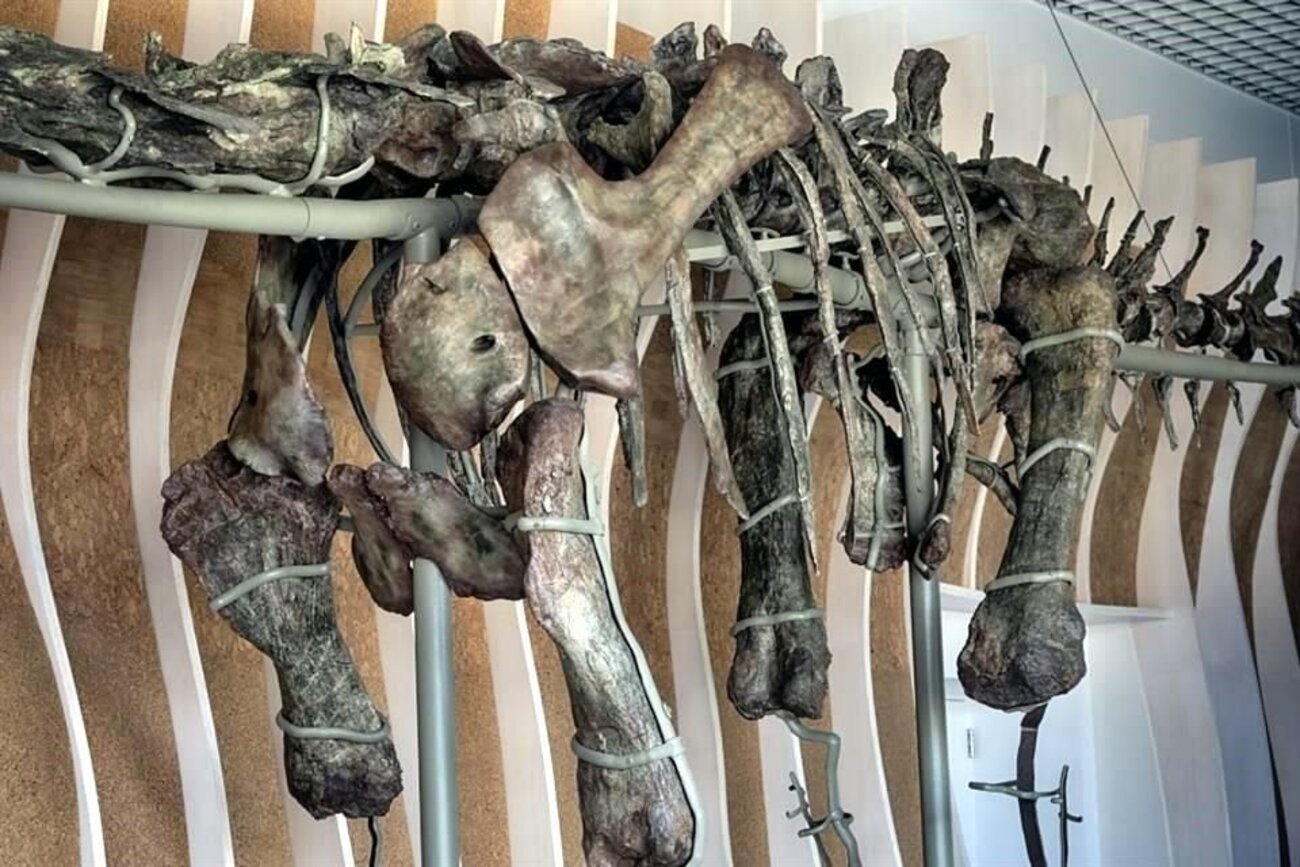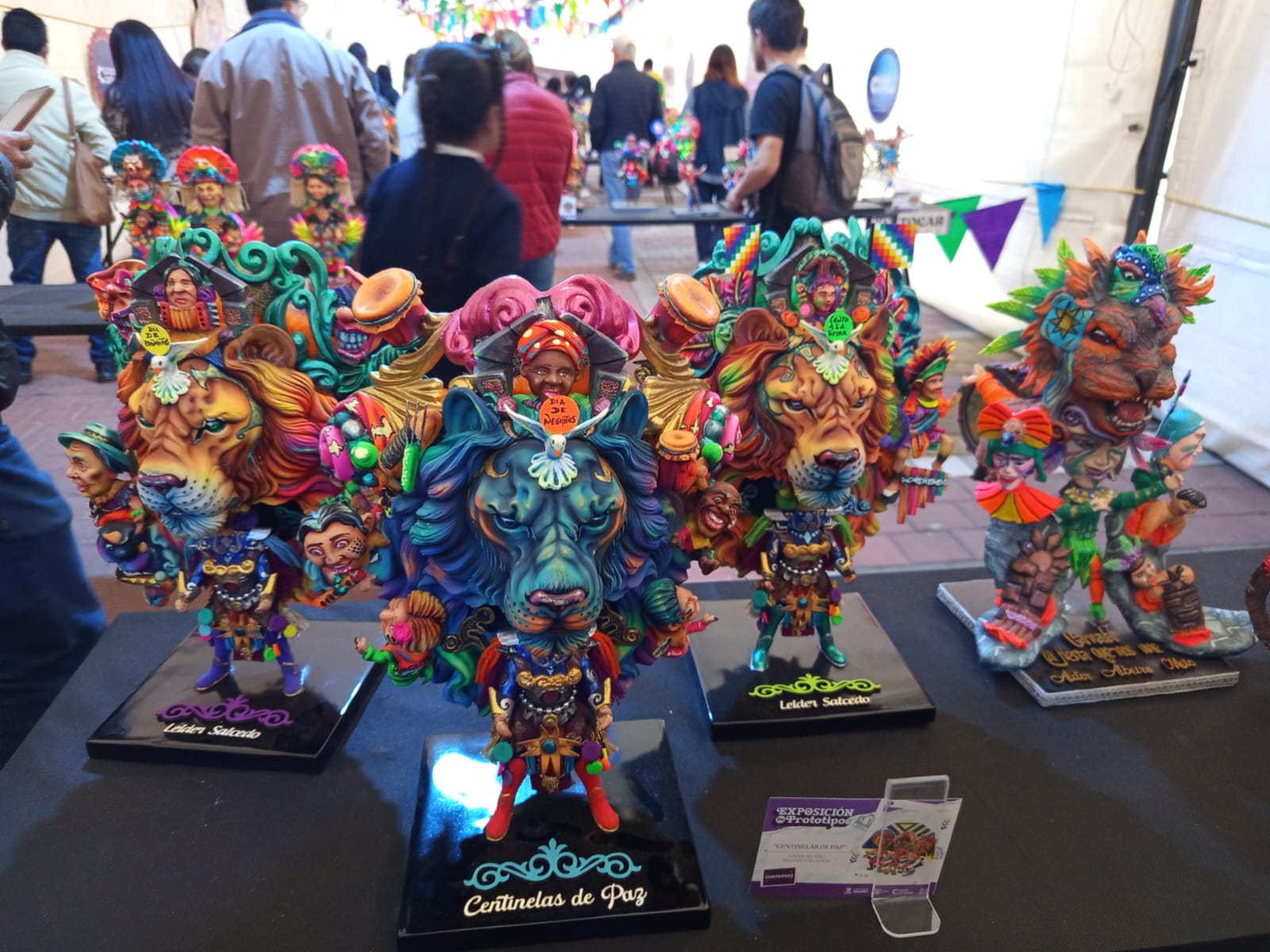
Southern Mexico town to consume 500 iguanas per day
Iguana tamales are an ancestral dish in Juchitan, a town in the southern Mexican state of Oaxaca, and are traditionally prepared during Holy Week when some 500 iguanas are consumed per day, a conservationist told EFE.
These animals lay their eggs during this time of year, which is why it is not a good moment to prepare those traditional tamales, made with corn dough, sauce or mole, and iguana meat or eggs.
"Approximately 500 iguanas are consumed in the market every day during Holy Week," Juan Celis, manager of the Juchitecan Ecological Forum's iguanarium, said.
This conservation organization has called on Juchitan's residents not to eat iguana meat or eggs during their breeding season, as these reptiles are classified as an endangered species in Mexico.
Celis acknowledged that "it is very hard to prohibit the consumption of iguana," but said that it was "possible to create alternatives to preserve the species."
CONTENIDO RELACIONADO
He explained that, because of over-consumption, there are no longer sufficient iguanas in the region to sell in large scale and that most have to be brought in from the neighboring states of Chiapas and Veracruz.
Juchitan's iguanarium opened in 2005 with the goal of breeding iguanas and liberating them into the wild, to help avoid the species' extinction.
Many Juchitecans defend their culinary tradition and praise the taste of iguana tamales, which can be bought in the town's central market for around 25 pesos ($1.30) per piece.
These tamales are made following traditional recipes passed on from mothers to daughters and can take up to 12 hours to prepare.
The highpoint of this Holy Week feast takes place on Palm Sunday, when Juchitan residents visit the town's cemeteries to clean the gravestones of their departed relatives and eat iguana tamales with them.
Iguanas are important to Zapotecan culture, which dominated this region in pre-Columbian times, and they are often depicted in pottery from the area.










DEJE UN COMENTARIO:
¡Únete a la discusión! Deja un comentario.